24/7 Emergency care for all your animal bites in houston

It is possible for anyone to get bitten by an animal. While hiking or camping, you may come across a wild animal that bites you to protect itself or perhaps the neighbor’s dog or your own pet unintentionally bites you during a fun game of catch. Rice Emergency Room is fully equipped to handle all types of animal bite emergency care in Houston 24/7.
Different Types of Animal Bites That We Treat
Depending on the kind of animal and the bite’s severity, animal bites can vary greatly.
Cats, dogs, and wild animals are among the most prevalent sources of animal bites.
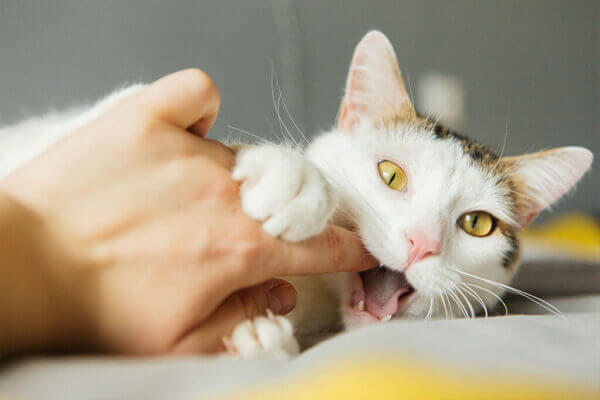
Cat Bites
Cats have fangs that are long, slender, and sharp. They can create small, severe puncture wounds when they bite. As the small hole heals, bacteria may become trapped in the skin, causing infection. Infections may necessitate additional treatment, such as antibiotics or tetanus shots. Approximately 50% of cat bites result in infection in humans. Since a cat bite frequently generates a deeper wound, infection of deeper tissues is more likely.
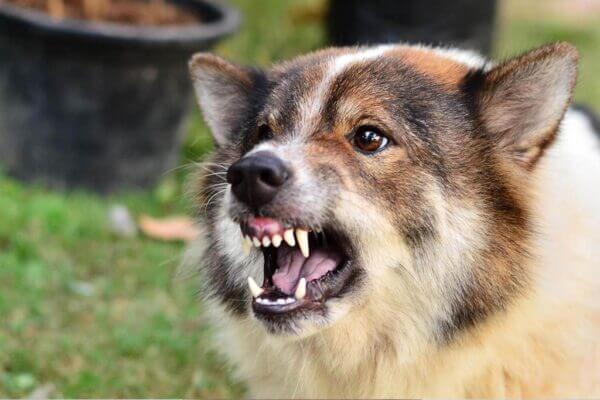
Dog bites
In the United States, dog bites are prevalent. Every year, almost 5 million individuals report being bitten by an animal and dog bites account for 90% of that total. Only 10 to 15% of dog bites, however, become infected.
When dogs are overly enthusiastic, afraid, or hurt, they are more inclined to bite. Any breed of dog, regardless of temperament, has the potential to bite a person.

Wild Animal Bites
Wild animal bites are rare in contrast to household animal bites. Bats, raccoons, wild dogs, and foxes are among the most probable creatures to bite someone.
The potential of rabies from a wild animal bite is one of many concerns. Any wild animal bite that breaks the skin’s surface should be treated by a doctor immediately.
Animal Bites Complication
Animal bites have the potential to be dangerous and deadly. If the animal that bit the person exhibits symptoms of disease, the person should contact a doctor from Rice Emergency Room as soon as possible.
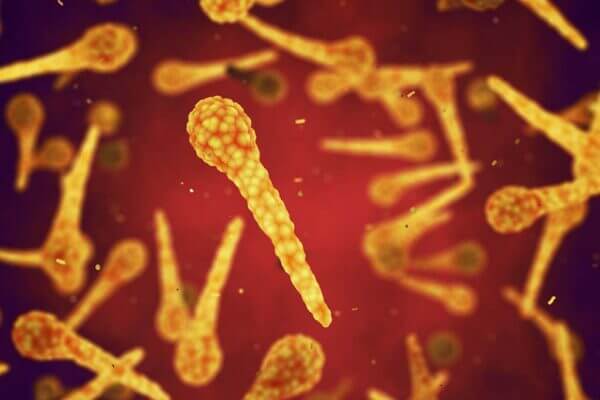
Tetanus
Tetanus is a potentially fatal infection that can be spread through an animal bite. Adults who have been bitten should obtain a tetanus vaccine (also known as a tetanus toxoid vaccine) if their most recent tetanus shot was more than 5 years ago.
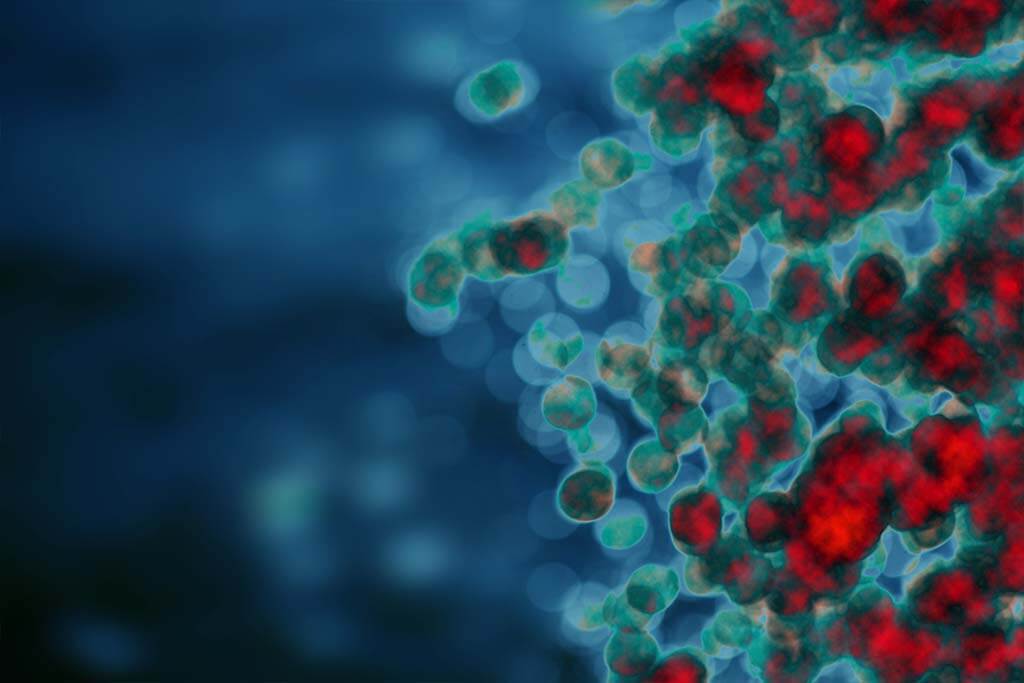
Blood or bone Infection
An infected animal bite can cause potentially lethal blood or bone problems if left untreated. If a doctor suspects a person is at risk, they will look for indicators of this during an
examination.
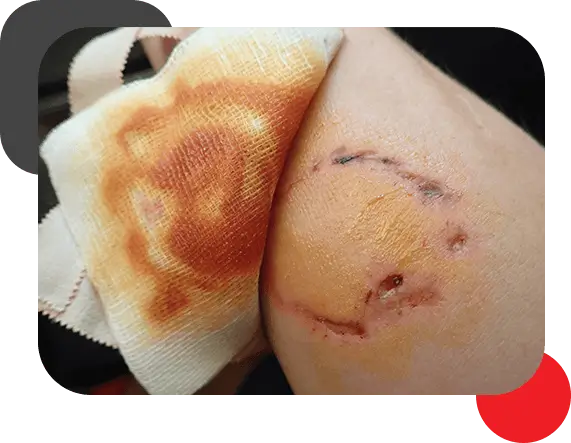
Symptoms of an Animal Bite
Any animal bite should be examined by a doctor. Although immediate medical assistance may not always be accessible, you should see a physician as soon as possible. Following a bite, it is critical to monitor for signs or symptoms of infection.
Animal Bite Diagnosis
A doctor will evaluate your chance of infection, look for other injuries, and make every effort to reduce scarring. Following an animal bite, the following tests are routinely performed:
Inspection
Debris is meticulously studied in wounds. Before the doctor checks your wound, a numbing medication may be applied
X-Rays
X-rays might be ordered by the doctor to identify bone fractures. An X-ray can also assist them in ensuring that there is no debris in the wound that is not noticeable upon evaluation. Certain external materials, such as dirt or grass, are easily overlooked.
Closure
Stiches are rarely used to close puncture wounds. Some wounds, however, must be sutured or stiched promptly after the bite.
Wound Care
Depending on the severity of your injury, the doctor may recommend different kinds of wound care. Sutured wounds should be maintained clean and dry at all times. Showering is permissible, but the wound should be dried gently to avoid breaking the sutures. Non-sutured wounds may need daily washing or other types of care.
Irrigation
To adequately clean the wound, the doctor will rinse it.
This is critical for infection prevention. Although irrigation does not always prevent infection, it does lessen the risk. To alleviate discomfort, a local anesthetic may be administered.
Debridement
Animal bites can cause permanent skin damage. Debridement may be required to remove dead or infected skin and tissue that cannot be regenerated. Debridement can be painful at times and may necessitate the use of a local anesthetic.
Contact Us
Save time when it matters most, let us know you’re on the way.
 24x7 Available
24x7 Available
